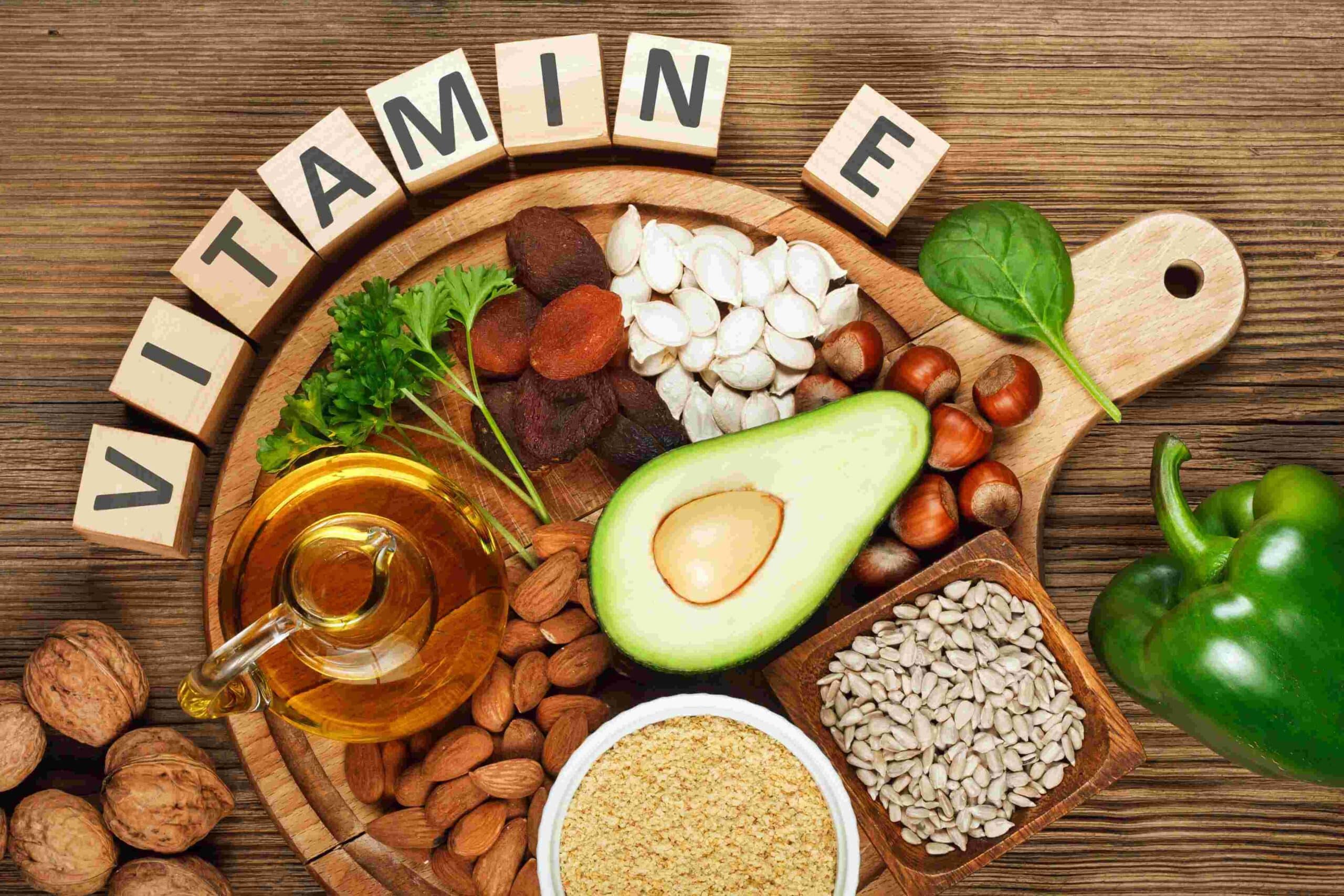Vitamin E: The Benefits and Risks
Vitamin E is a fat-soluble nutrient that plays a crucial role in maintaining overall health. It is a potent antioxidant that protects cells from damage caused by free radicals, which can lead to chronic diseases such as cancer and heart disease. Vitamin E also helps to boost the immune system, prevent inflammation and blood clotting, and keep skin healthy and youthful.

The Benefits of Vitamin E
1. Antioxidant Properties
Vitamin E is a powerful antioxidant that helps to protect cells from damage caused by free radicals. Free radicals are unstable molecules that can cause oxidative stress, which can lead to chronic diseases such as cancer and heart disease.
2. Immune System Support
Vitamin E also helps to boost the immune system by stimulating the production of white blood cells, which are responsible for fighting off infections and diseases.
3. Skin Health
Vitamin E is also known for its ability to keep skin healthy and youthful. It helps to reduce the appearance of fine lines and wrinkles, prevent sun damage, and improve skin texture and tone.
4. Heart Health
Vitamin E may also help to promote heart health by reducing the risk of blood clots, lowering blood pressure, and improving cholesterol levels.
Advantages
- Vitamin E is a powerful antioxidant that protects cells from damage
- It boosts the immune system and helps to fight off infections and diseases
- Vitamin E promotes healthy skin and reduces the appearance of fine lines and wrinkles
- It may also promote heart health by reducing the risk of blood clots, lowering blood pressure, and improving cholesterol levels
Disadvantages
- High doses of vitamin E can be harmful and may increase the risk of bleeding
- It may also interfere with certain medications or medical conditions
- Vitamin E supplements are not recommended for pregnant women
The Risks of Vitamin E
While vitamin E offers many health benefits, it is important to note that high doses can be harmful. In fact, taking more than 1,000 mg per day can increase the risk of bleeding and may interfere with certain medications or medical conditions. Additionally, vitamin E supplements are not recommended for pregnant women as high doses may increase the risk of birth defects.
FAQs
Q: What foods are high in vitamin E?
A: Some foods that are high in vitamin E include nuts and seeds, vegetable oils, leafy green vegetables, and fortified cereals.
Q: How much vitamin E should I take?
A: The recommended daily intake of vitamin E is 15 mg for adults. However, it is important to talk to your doctor before taking any supplements.
Q: Can vitamin E help prevent cancer?
A: While vitamin E has been shown to have antioxidant properties, there is no evidence to suggest that it can prevent cancer.
Q: Are there any risks associated with taking vitamin E supplements?
A: Yes, high doses of vitamin E can be harmful and may increase the risk of bleeding. Additionally, vitamin E supplements are not recommended for pregnant women as high doses may increase the risk of birth defects.
Conclusion
Vitamin E is an essential nutrient that offers many health benefits. It is a powerful antioxidant that helps to protect cells from damage caused by free radicals, boosts the immune system, promotes healthy skin, and may even help to promote heart health. However, it is important to note that high doses of vitamin E can be harmful and may increase the risk of bleeding. As with any supplement, it is important to talk to your doctor before taking vitamin E.
